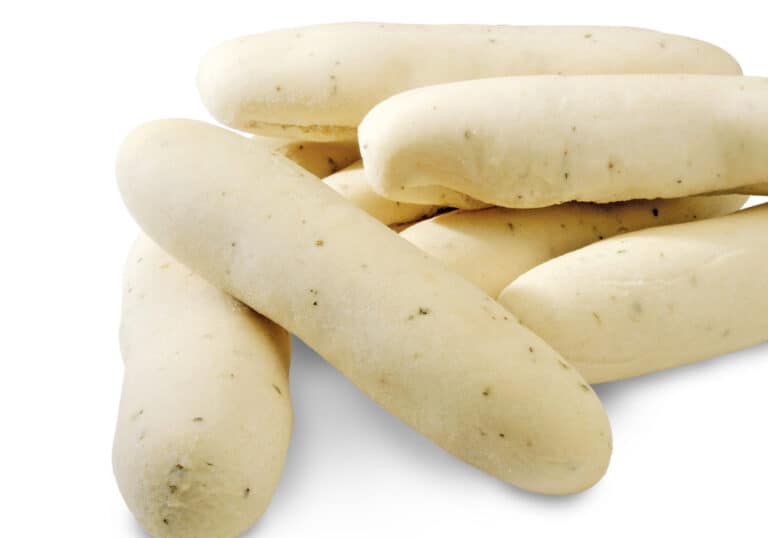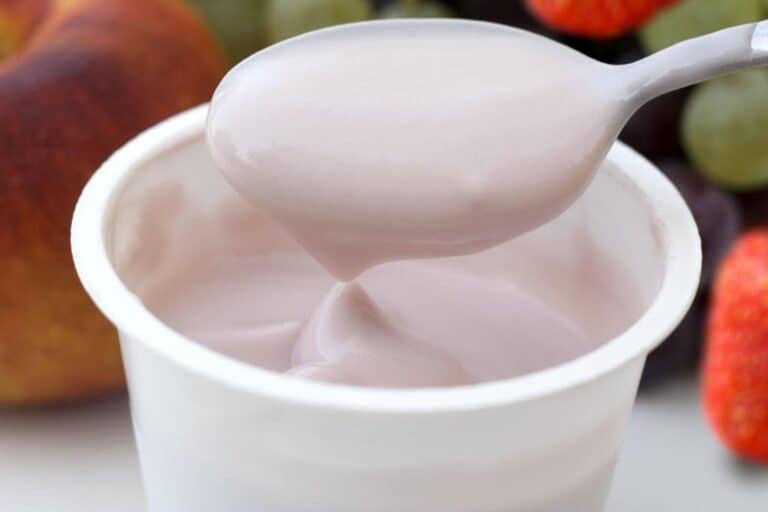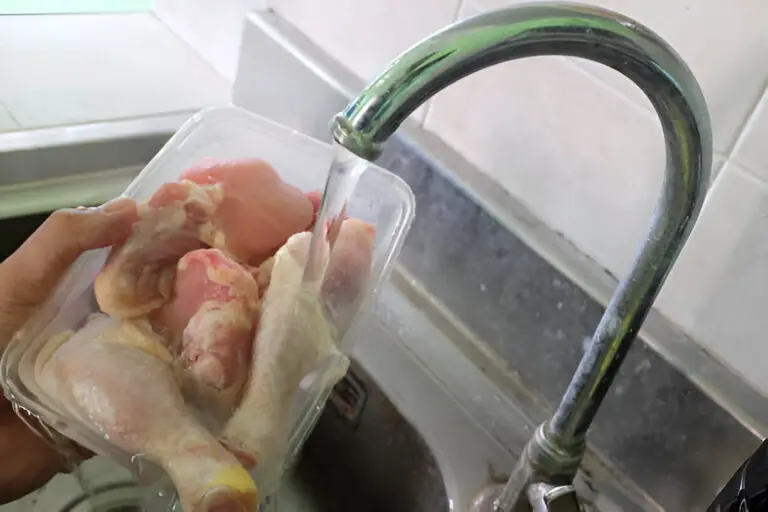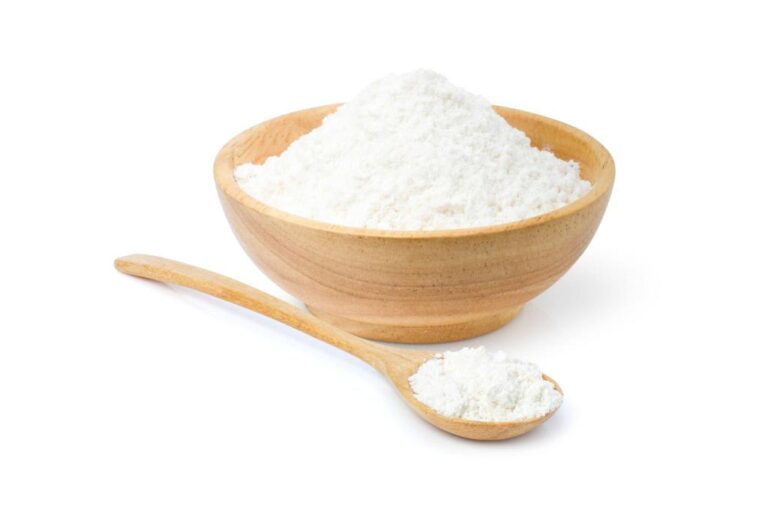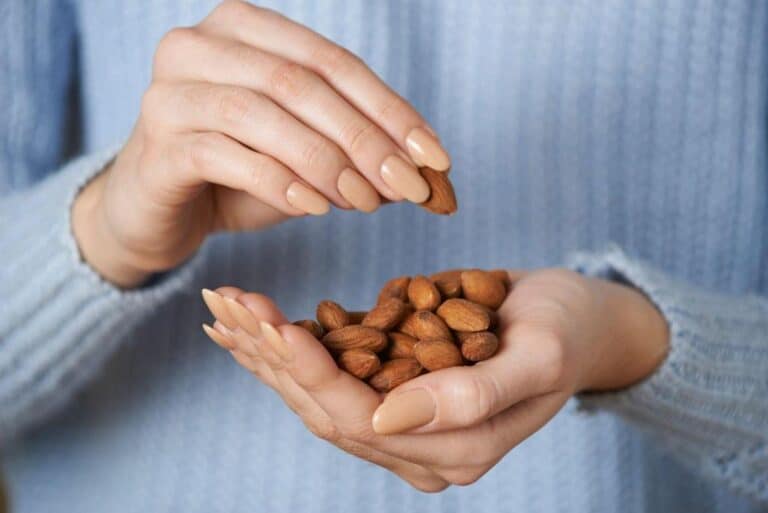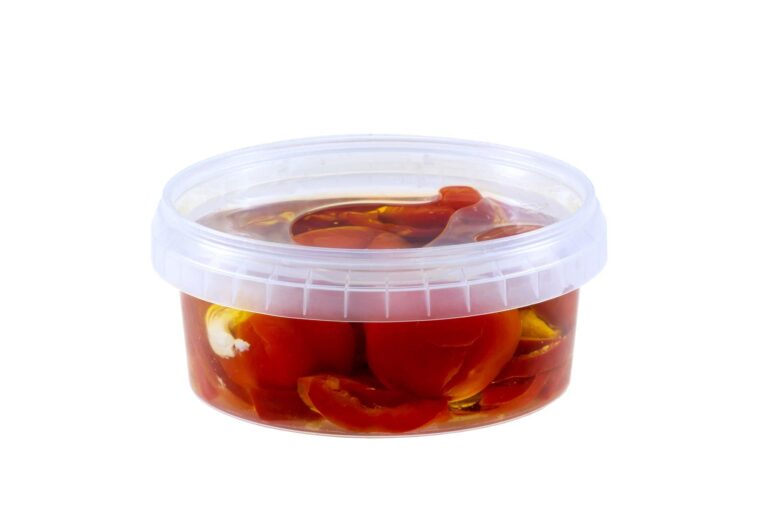Drinking Water After Urinating: Is It an Unhealthy Hydration Habits?

In our relentless pursuit of health, the importance of staying properly hydrated cannot be overstated. The benefits of hydration are wide-ranging, influencing everything from our energy levels to our skin’s glow.
However, as we delve into the intricate world of hydration, one question frequently arises: Is it advisable to drink water immediately after urinating? Should you really be guzzling water right after a trip to the bathroom?
Drinking water immediately after urinating might not be as beneficial as it seems. Our bodies expel extra fluids and waste products that the kidneys have processed when we urinate.
In this article, we will uncover the intricate relationship between urination, hydration, and the potential consequences of consuming water after visiting the restroom. We’ll unravel the science, explore the nuances of hydration, and put to rest the age-old question: Is this habit a wise choice or an unhealthy misstep?
So, grab your metaphorical magnifying glass as we dissect the truth behind this enigmatic hydration ritual.
Introduction to Hydration Habits
Proper hydration is the cornerstone of a healthy lifestyle. Hydration supports essential bodily functions, including temperature regulation, digestion, and the transportation of nutrients throughout the body. It keeps our joints supple, our muscles functioning optimally, and our skin radiant.
Hydration habits can vary significantly from person to person. Factors like climate, physical activity, and individual preferences all play a role. Some people follow specific routines, such as drinking water before meals or during workouts, to ensure they stay well-hydrated.
One particular aspect of hydration that often sparks debate is the practice of drinking water immediately after urinating. This practice has gained notoriety due to its perceived effects on the urinary system and overall hydration levels.
Urination and Hydration Connection
Urination, scientifically known as micturition, is the process by which our bodies eliminate waste products and excess fluids. When we consume liquids, our kidneys work diligently to filter the blood, remove waste, and produce urine. This urine is then stored in the bladder until it’s ready to be expelled from the body.
Every time we urinate, our bodies naturally lose a certain amount of fluid. This fluid loss is a vital part of the waste elimination process, as urine carries away waste products that our bodies no longer need.
The connection between urination and hydration is undeniable. Urination is the body’s way of maintaining a delicate balance of fluids and electrolytes. When we consume liquids, our bodies regulate the amount of fluid they excrete as urine, ensuring that we maintain the right level of hydration.
Is Drinking Water After Urinating Unhealthy?
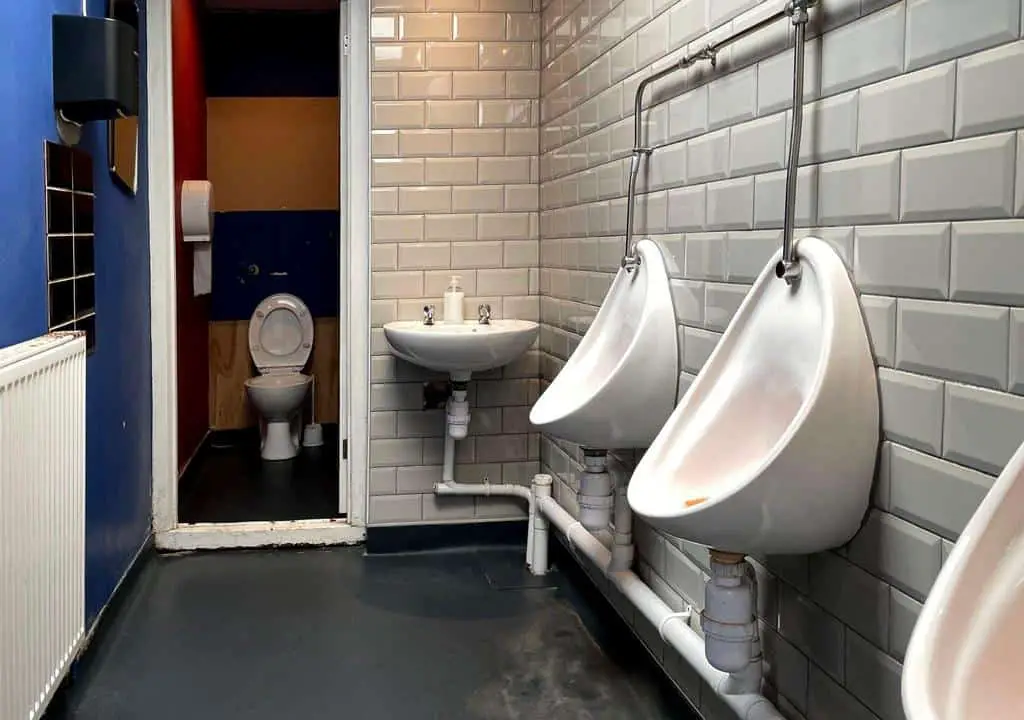
Drinking water after urination is not unhealthy. It is perfectly fine to drink water after urinating. However, drinking too much water can irritate your bladder, leading to more urinary problems. The amount of water one should drink varies depending on several factors unique to them, and the old “eight glasses a day” rule is not necessarily accurate.
Instead, one should look at the color of their urine to determine if they are properly hydrated. If the urine is a light lemonade shade, then one has reached optimal hydration status.
If the urine is clear, then one can cut back on their water intake a bit. If the urine is darker, then it is time to drink more water. also mentions that drinking more water will produce more urine, and any excess water must be eliminated from the body through urine. In conclusion, drinking water after urination is not unhealthy, but one should be mindful of how much water they are drinking and look at the color of their urine to determine if they are properly hydrated.
Understanding Optimal Hydration Habits
To maintain a healthy hydration routine, consider the following tips:
- Listen to Your Body: Pay attention to your body’s signals. Thirst is a natural indicator that your body needs fluids, so drink water when you’re thirsty.
- Spread Out Intake: Instead of chugging water all at once, try to spread your water intake throughout the day. This approach can help your body absorb and utilize water more effectively.
- Monitor Urine Color: Your urine color can give you insights into your hydration levels. Light, pale yellow urine usually indicates proper hydration, while dark yellow urine might signal dehydration.
- Consider Your Activity Level: Physical activity and weather conditions play a role in your hydration needs. If you’re sweating a lot, increase your fluid intake accordingly.
- Balanced Diet: Remember that a significant portion of your daily fluid intake comes from the foods you eat, especially fruits and vegetables with high water content.
Related: Why Should You Avoid Drinking Water After Eating Fruits?
Hydration Timing
Timing your water intake can be just as important as the quantity you consume. While the traditional advice of “eight glasses a day” is a good starting point, it’s equally crucial to listen to your body’s cues and drink when you’re thirsty.
Balancing hydration with urination is a nuanced task. Drinking water immediately after urination is a common practice for some, but it’s essential to consider your body’s unique needs and rhythms.
The impact of consuming water after urination varies from person to person. Some individuals find it helps them maintain hydration, while others may not notice a significant difference. It ultimately boils down to personal habits and preferences.
Reasons Behind Drinking Water After Urinating
The motivations behind drinking water after urinating can vary. Some people do it out of habit, while others believe it helps prevent dehydration or flushes out toxins. It can also be influenced by personal habits and cultural factors.
Many factors influence our hydration habits, including cultural norms and personal routines. In some cultures, it may be customary to drink water after urinating, while in others, it might not be a common practice.
Drinking Water and Urination: Myths and Facts
Let’s explore the myths and facts surrounding the relationship between drinking water and urination:
Myth 1: More Water Means More Bathroom Trips
Fact: While it’s true that increased water intake can lead to more frequent urination, it’s not necessarily a bad thing. Your body’s need for water varies, and urination helps eliminate waste and toxins. Staying hydrated is essential for overall health.
Myth 2: Clear Urine Means Overhydration
Fact: Clear urine can indeed indicate proper hydration, but it’s not necessarily a sign of overhydration. It means your body is efficiently processing water. Dark urine, on the other hand, may suggest dehydration and the need to drink more water.
Myth 3: Drinking Water Before Bed Causes Nighttime Waking
Fact: While drinking excessive water right before bedtime may increase the likelihood of waking up to urinate, moderate water intake in the evening is generally fine and can help prevent dehydration during the night.
Myth 4: Coffee and Tea Dehydrate You
Fact: While caffeine is a mild diuretic, the water content in coffee and tea compensates for the mild dehydration caused by caffeine. These beverages can contribute to your daily fluid intake.
Myth 5: You Should Ignore Thirst
Fact: Thirst is your body’s way of signaling that it needs hydration. Ignoring it can lead to dehydration. Listen to your body and drink water when you feel thirsty.
Myth 6: Overhydration Is Harmless
Fact: Overhydration, also known as water intoxication, can be dangerous. It dilutes the electrolytes in your body, leading to potential health issues. Balance is key; drink enough water to stay hydrated, but don’t overdo it.
Myth 7: Eight Glasses of Water a Day are a Must
Fact: The “eight glasses a day” rule is a guideline, not a strict requirement. Your water needs depend on various factors like age, activity level, and climate. Listen to your body and drink accordingly.
Separating myths from facts regarding drinking water and urination can help you maintain proper hydration and overall well-being. Understanding your body’s signals and needs is crucial for a healthy balance.
Read: Does Drinking Water After Eating Sugar & Sweets Help Your Sugar Level?
Conclusion
In the grand scheme of hydration habits, drinking water immediately after urinating may not be the healthiest approach. While staying hydrated is crucial, the timing of water intake matters. Instead of adhering to myths, listen to your body’s signals, spread out your water intake, and consider factors like activity level and urine color to gauge your hydration status accurately.
Understanding your body’s signals, moderating fluid intake, and incorporating hydrating foods and beverages are key to maintaining optimal hydration and overall well-being.
Remember, it’s not just about the amount of water you drink, it’s how and when you drink it that truly matters for your well-being.
FAQs Is It Healthy to Drink Water after Urinating
How much water should I drink per day?
A general guideline is about 8 cups (64 ounces) of water daily. Individual needs vary based on factors like age, activity level, and climate.
Can drinking too much water be harmful?
Can drinking too much water be harmful?
What are the signs of overhydration?
Signs of overhydration include nausea, headaches, confusion, swelling, and, in severe cases, seizures.
Does drinking water affect kidney function?
Water is essential for kidney function, aiding in waste removal and maintaining fluid balance. Proper hydration supports healthy kidney performance.
Can I rely on my thirst as an indicator of hydration needs?
Thirst is a reliable indicator for most people, but monitoring urine color and paying attention to activity level can also help gauge hydration needs.
Are there alternatives to water for staying hydrated?
Yes, hydrating foods like fruits and vegetables, as well as clear broths and herbal teas, can contribute to overall hydration.

